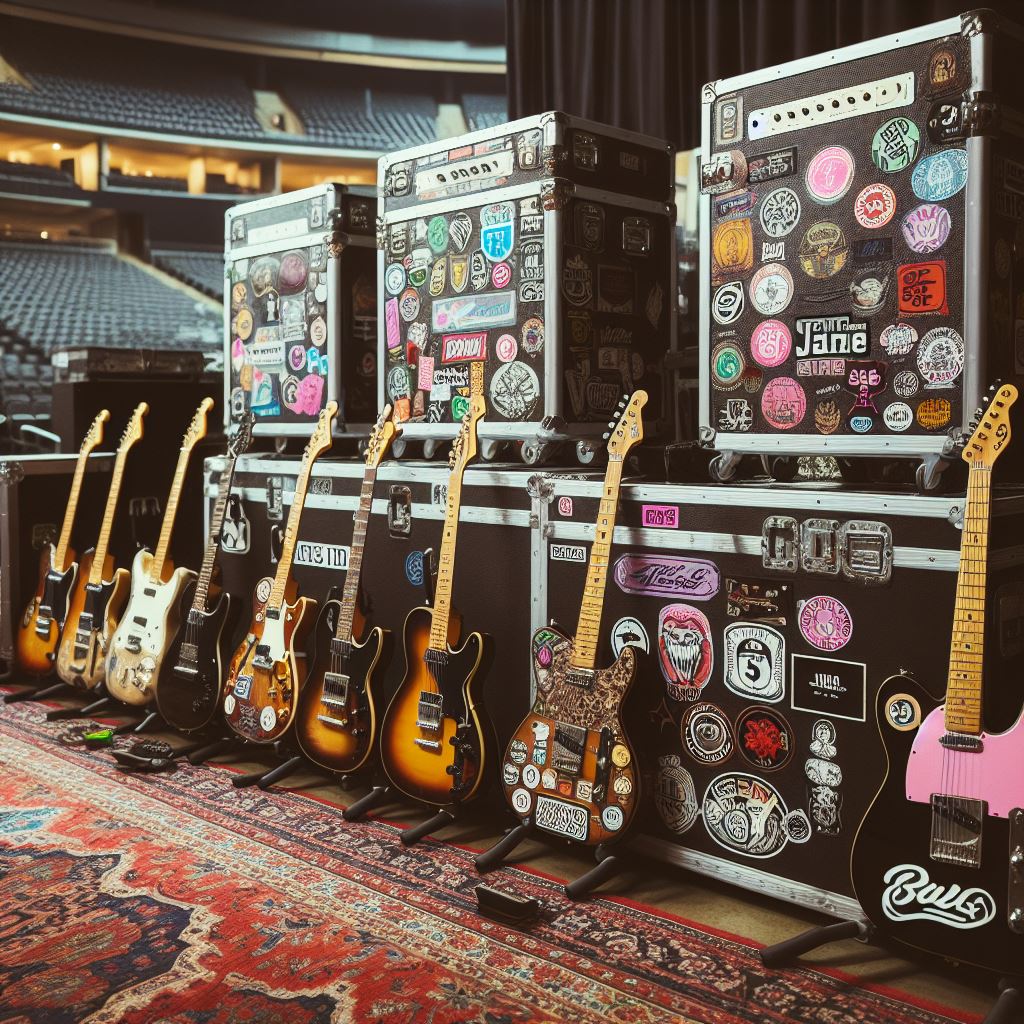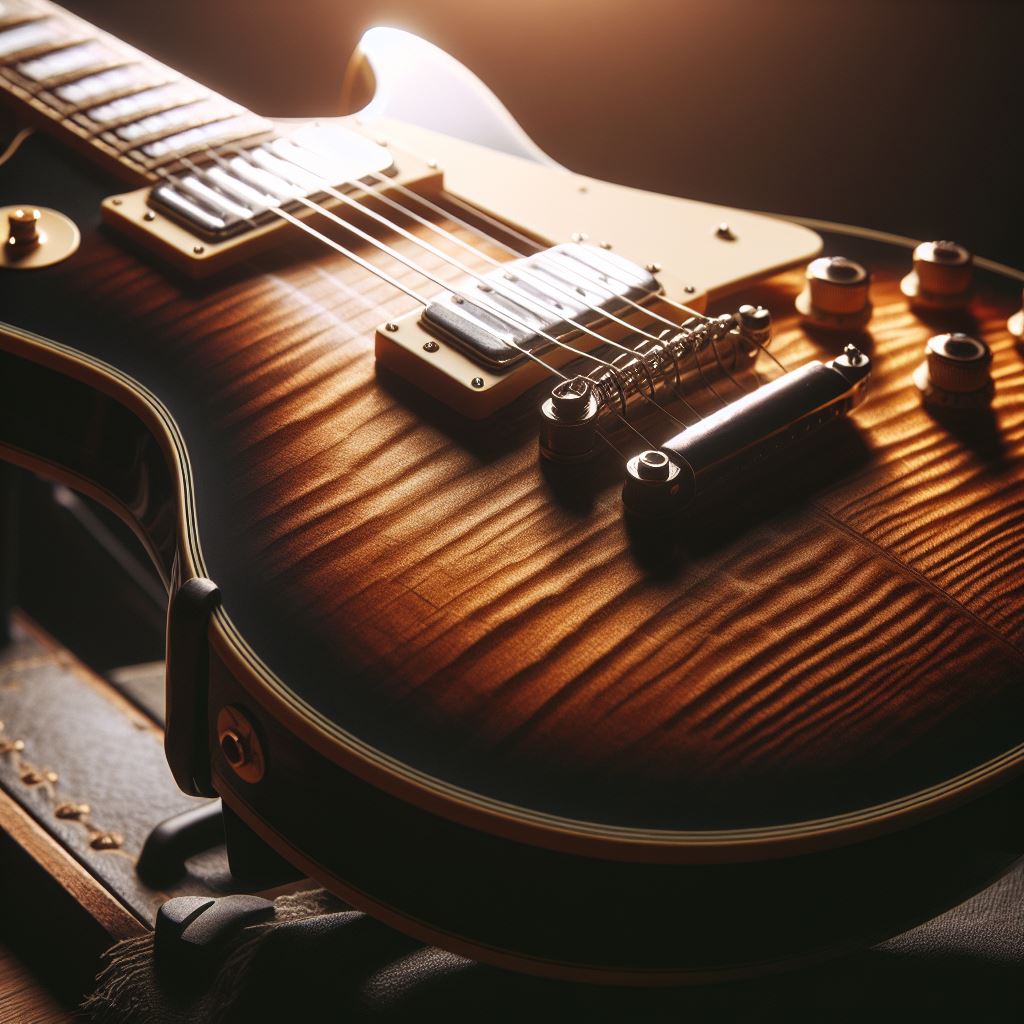When it comes to enhancing your acoustic guitar’s sound, an amplifier can make a world of difference. Whether you’re performing on stage or practicing at home, the right amplifier can elevate your sound quality and improve your playing experience. In this article, we delve into comprehensive acoustic guitar amplifier reviews to help you make informed choices.
Acoustic guitar amplifiers are specifically designed to amplify the natural tonal quality of your acoustic guitar without distorting its inherent warm and rich sound. Unlike electric guitar amplifiers, which often color the sound, acoustic amplifiers aim to reproduce the guitar’s original tone as accurately as possible. This makes them indispensable for serious musicians who want to ensure their audience hears every nuance of their performance.
Key features to look for in an acoustic guitar amplifier include power output, input options, portability, and additional functionalities like built-in effects. These factors can significantly impact your playing experience and the overall sound quality. With numerous models available in the market, it can be challenging to find the right one that suits your needs.
In the following sections, we’ll explore top picks for acoustic guitar amplifiers, providing detailed reviews, pros and cons, and buying tips to guide you through your selection process. Don’t forget to Subscribe To My YouTube Channel for more in-depth reviews and tutorials!
Why You Need an Acoustic Guitar Amplifier
Many guitarists wonder if they really need an acoustic guitar amplifier, especially when an acoustic guitar already produces sound on its own. However, the advantages of using an amplifier are numerous and can greatly enhance your musical experience.
Firstly, an acoustic guitar amplifier allows you to project your sound to a larger audience. This is crucial for live performances, where unamplified sound might not reach everyone in the venue. An amplifier ensures that your music is heard clearly and evenly, regardless of the setting.
Secondly, amplifiers come with various controls that let you shape your sound. Features like equalization (EQ) settings, reverb, and other built-in effects can help you tailor your tone to fit different musical styles and environments. This level of customization is something that a standalone acoustic guitar can’t offer.
An acoustic guitar amplifier also enhances practice sessions. Playing with an amplifier can reveal subtleties in your technique that you might miss when playing unplugged. This can be particularly beneficial for serious musicians who want to refine their skills and sound.
Moreover, many modern amplifiers come with additional input options for microphones and other instruments, making them versatile tools for solo acts and band settings. Some even include features like Bluetooth connectivity and built-in tuners, adding to their functionality.
In summary, while an acoustic guitar can stand alone, an amplifier brings a new dimension to your playing, offering enhanced sound projection, tone customization, and added versatility. It’s an investment that can significantly enrich your musical journey.
Top Acoustic Guitar Amplifiers for Beginners

Choosing the right acoustic guitar amplifier can be daunting, especially for beginners. The market is flooded with options, but some stand out for their ease of use, affordability, and quality. Here are our top picks for novice musicians:
- Fender Acoustasonic 15: This compact, lightweight amplifier is perfect for beginners. It offers 15 watts of power, which is sufficient for small practice sessions and intimate performances. With its simple controls and durable build, it’s an excellent starting point.
- Fishman Loudbox Mini: Known for its crystal-clear sound, the Loudbox Mini provides 60 watts of power, making it versatile for both practice and small gigs. It features a dual-channel setup, one for your guitar and one for a microphone, along with built-in reverb and chorus effects.
- Roland Mobile AC: If portability is your primary concern, the Mobile AC is a fantastic option. This battery-powered amp delivers 5 watts of power and includes features like chorus, reverb, and wide stereo effects. It’s great for on-the-go practice and small performances.
- Yamaha THR5A: This mini amplifier is packed with features, including multiple amp models and effects that cater to acoustic guitars. Its compact size and studio-quality sound make it a favorite among beginners who want versatility without breaking the bank.
- Marshall AS50D: Offering 50 watts of power, the AS50D is a bit more advanced but still suitable for beginners who plan to perform. It has two channels, built-in digital effects, and an anti-feedback feature, making it a reliable choice for various settings.
When choosing an amplifier as a beginner, consider factors like ease of use, sound quality, and additional features that can help you grow as a musician. These top picks offer a balance of these elements, ensuring a positive start to your amplified acoustic journey.
Best Acoustic Guitar Amplifiers for Professionals

For professional musicians, the demands on an acoustic guitar amplifier are significantly higher. The need for pristine sound quality, advanced features, and robust build quality are paramount. Here are our top recommendations for professional-grade acoustic guitar amplifiers:
- Fishman Loudbox Artist: Renowned for its exceptional sound clarity and power, the Loudbox Artist delivers 120 watts, making it suitable for larger venues. It features dual channels, each with independent EQ settings, feedback control, and built-in effects like reverb and chorus. This amp is perfect for professionals needing versatility and reliability.
- AER Compact 60: Often hailed as the gold standard among acoustic amplifiers, the AER Compact 60 offers 60 watts of power with a focus on pure, natural sound. It includes two channels, a 3-band EQ, and reverb, chorus, and delay effects. Its compact size and lightweight design make it ideal for touring musicians.
- Marshall AS100D: For those who require a powerful and feature-rich amplifier, the AS100D provides 100 watts of power with four channels, making it highly versatile. It includes digital effects, anti-feedback controls, and an XLR input for microphones. This amp is built to handle extensive live performances.
- Boss Acoustic Singer Pro: Combining advanced digital processing with traditional acoustic amp features, the Acoustic Singer Pro offers 120 watts of power. It includes a looper, harmony function, and multiple effects, making it a comprehensive tool for solo performers and bands alike.
- Roland AC-90: Known for its rich, full sound and dual-speaker design, the AC-90 delivers 90 watts of power. It features multiple channels, built-in effects, and anti-feedback technology, ensuring that your performance is always top-notch. Its portability and reliability make it a favorite among professionals.
When selecting an amplifier for professional use, it’s crucial to consider factors like sound quality, power output, and additional features that can enhance your performance. These top picks are designed to meet the rigorous demands of professional musicians, ensuring that you deliver the best possible performance every time.
Key Features to Consider When Buying

When shopping for an acoustic guitar amplifier, it’s essential to consider several key features to ensure you get the best fit for your needs. Here are the most important aspects to keep in mind:
- Power Output: The wattage of the amplifier determines how loud it can get. For small venues or practice sessions, an amp with 30-60 watts might suffice. However, for larger gigs, you’ll likely need something with 100 watts or more.
- Channels: Multiple channels allow you to connect and control different instruments or microphones independently. This feature is crucial for performers who need to switch between instruments or incorporate vocals seamlessly.
- EQ Controls: Equalization settings enable you to adjust the bass, midrange, and treble frequencies. Advanced EQ controls give you more flexibility to fine-tune your sound to suit different environments and musical styles.
- Built-in Effects: Many modern amplifiers come with built-in effects like reverb, chorus, and delay. These effects can add depth and richness to your sound without the need for additional pedals.
- Portability: Consider the weight and size of the amplifier, especially if you plan to travel frequently. Compact and lightweight models are easier to transport but ensure they don’t compromise on sound quality.
- Feedback Control: Acoustic guitars are prone to feedback issues, especially at higher volumes. Look for amps with built-in anti-feedback features to minimize unwanted noise during performances.
- Connectivity Options: Ensure the amplifier has the necessary inputs and outputs for your setup. Common options include XLR inputs for microphones, line inputs for additional instruments, and DI outputs for direct connection to PA systems.
- Durability: A sturdy build quality is essential for an amp that will see frequent use. Look for models with robust construction and reliable components to withstand the rigors of touring and live performances.
By paying attention to these key features, you’ll be better equipped to choose an amplifier that not only meets your immediate needs but also supports your long-term musical journey. Whether you’re performing on stage, recording in the studio, or practicing at home, the right amplifier can make all the difference in your sound quality and overall experience.
Conclusion and Final Recommendations

Choosing the perfect acoustic guitar amplifier can significantly enhance your musical experience, whether you’re a beginner or a seasoned pro. Throughout this article, we’ve explored some of the top amplifier options available, delved into their unique features, and provided insights to help you make an informed decision.
In summary, when selecting an amplifier, consider your specific needs, such as power output, portability, built-in effects, and connectivity options. Amplifiers like the Fishman Loudbox Mini, Fender Acoustasonic, and AER Compact 60 have earned their reputations for delivering exceptional sound quality and reliability. Each of these models offers distinct advantages, making them suitable for different playing environments and musical styles.
Remember, the right amplifier should complement your acoustic guitar’s natural tone and provide you with the necessary tools to shape and project your sound effectively. By investing in a high-quality amplifier, you’ll be better equipped to captivate your audience, whether you’re performing live, recording in the studio, or simply practicing at home.
For more detailed reviews, comparisons, and expert tips on acoustic guitar amplifiers and other music gear, subscribe to my YouTube channel. Stay updated with the latest trends and ensure you make the best choices for your musical journey.

